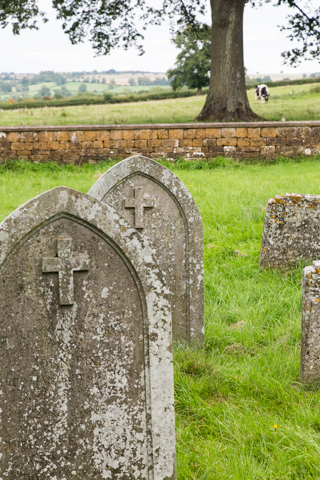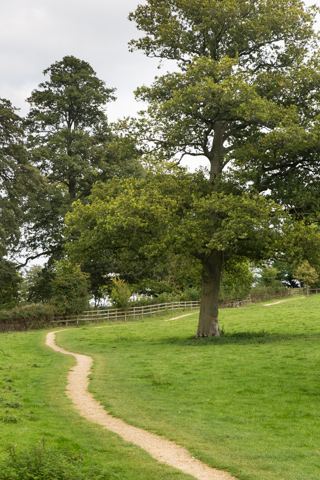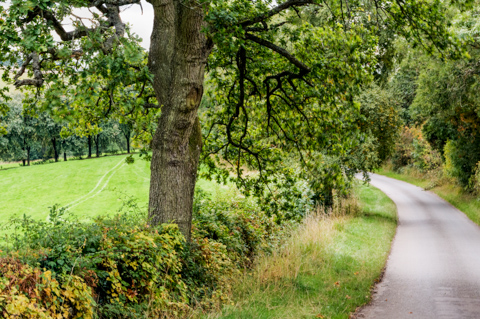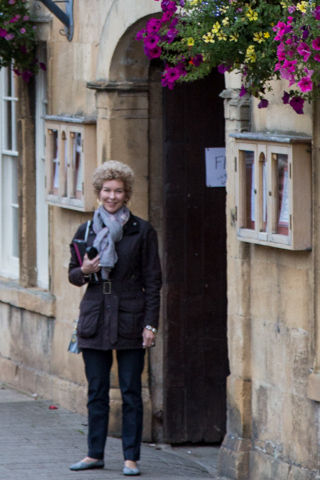
The town is a popular tourist destination owing to its status as the birthplace of English playwright and poet William Shakespeare, and receives an estimated 4.9 million visitors a year.
This is a view down the River Avon toward the Holy Trinity Church
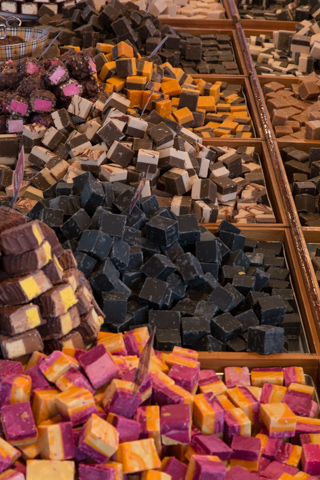
This is fudge - more varieties than I thought could exist.

It is often known as Shakespeare's Church, due to its fame as the place of baptism and burial of William Shakespeare. More than 200,000 tourists visit the church each year.

The past building dates from 1210 and is built on the site of a Saxon monastery. It is Stratford's oldest building, in a striking position on the banks of the River Avon, and has long been England's most visited parish church.
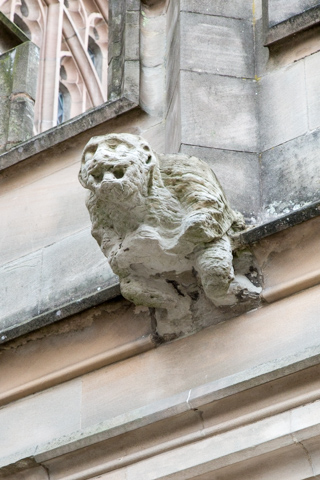
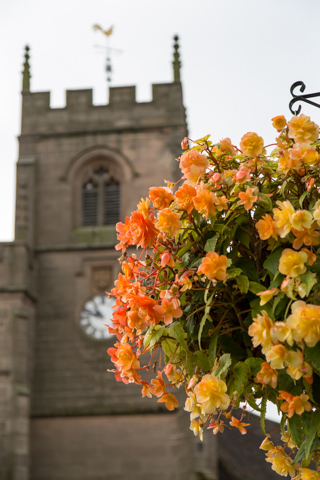
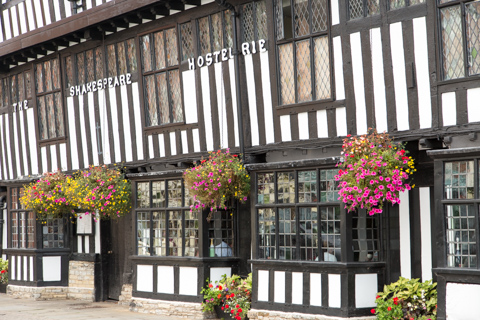
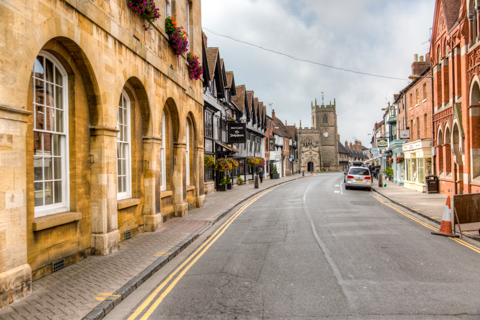
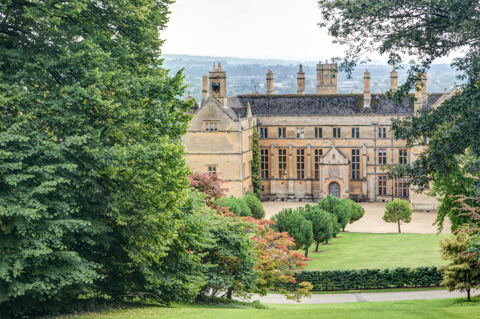
The 56-acre arboretum at Batsford is home to one of the largest private tree collections in the country, providing something of interest throughout the year and famed for trees which originate in Japan and China.
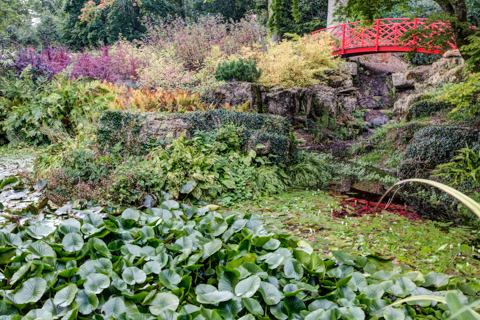
The arboretum is managed by the Batsford Foundation, a charity set up by the 2nd Lord Dulverton in 1983 to promote education, conservation and research into gardens, arboreta and historic landscapes.

Started in 1988 Cotswold Falconry houses around 150 Birds of Prey many can be seen during the free flying demonstrations, while over thirty separate species have been bred in noncommercial breeding aviaries. The aim of the center is to promote the greater understanding about birds of prey through education and fun,


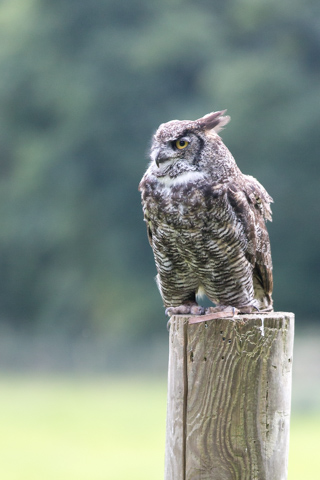
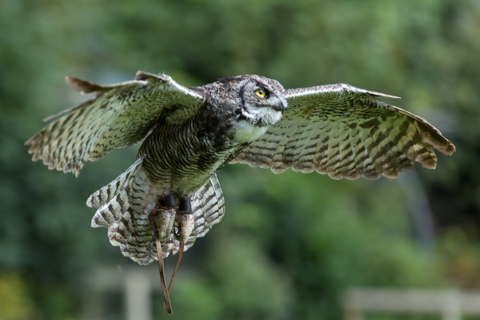

This vulture is only 50 feet away as it flew by.

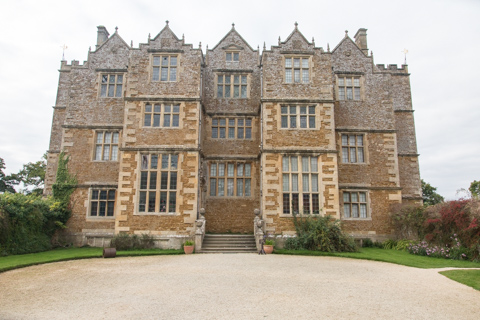
Owned by the same increasingly impoverished family until 1991, the house remained essentially unchanged for nearly 400 years as the interiors and contents gradually succumbed to the ravages of time.
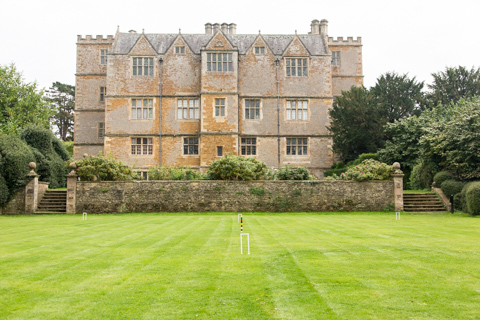

Chastleton House is famous for a scene from the Civil War where a loyal wife duped (and drugged) the soldiers to save her husband. The anecdote shows the fundamentally domestic and peaceful world of England and the disorganization of war.
